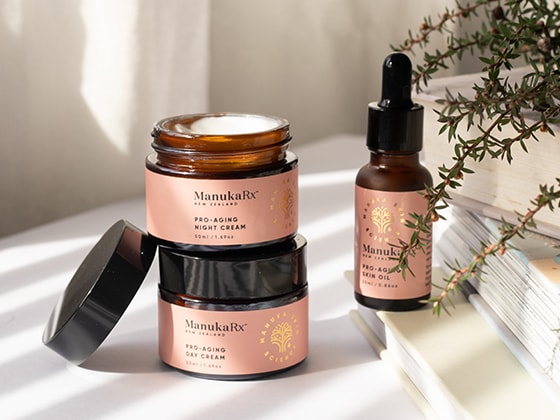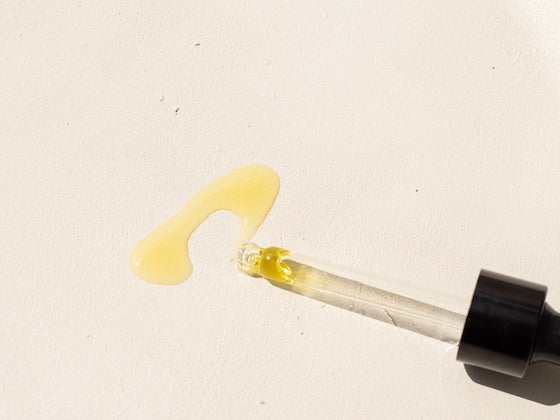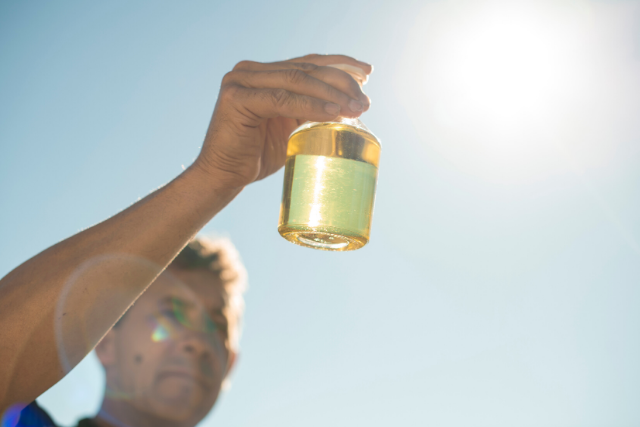
With the COVID-19 pandemic spreading rapidly across the globe, hand sanitisers have become much more an important as hygiene is now wellness.
In some areas, there’s a shortage of both hand sanitiser and isopropyl alcohol. Many people now resort to make their own and look for alcohol-free hand sanitiser ingredients.
This gives rise to a common question about alcohol vs non-alcohol hand sanitiser: Is one better than the other?
Alcohol vs Non-Alcohol Hand Sanitisers: The Pros and Cons
Both types of hand sanitisers have their pros and cons. Here’s a look at the differences between alcohol vs non-alcohol hand sanitisers so you can make an informed decision.
The Pros and Cons of Alcohol Hand Sanitisers
To label a product as a “hand sanitiser,” it has to contain one of the following active ingredients:
- Ethyl alcohol (ethanol)
- Isopropyl alcohol (isopropanol)
- Benzalkonium chloride
Alcohol destroys pathogens – like bacteria and viruses – by breaking down proteins, splitting cells, or disturbing the metabolism of the cell. The process is known as denaturation, and it leaves the core of the pathogen exposed, causing it to lose its structure and die.
One of the disadvantages of a traditional, alcohol-based hand sanitiser is that it can be very drying to the skin.
Additionally, some hand sanitisers contain an ingredient called triclosan (TCS), an antibacterial agent that can stimulate the growth of antibiotic-resistant bacteria, according to a 2018 study.
The Pros and Cons of Non-Alcohol-Based Hand Sanitisers
You might wonder: Is alcohol-free hand sanitiser effective?
In some cases, yes. Non-alcohol-based hand sanitisers containing certain essential oils can be effective at preventing viral, fungal, and bacterial contamination. Some of the best essential oils for these situations include:
To get the best results, you can mix certain oils. Not only will you get even more antimicrobial benefits – you’ll also create a disinfectant/hand sanitiser that smells fantastic and is incredibly moisturising.
But non-alcohol-based hand sanitisers might not be effective against particularly dangerous microbes, like coronavirus.
In these situations, healthcare professionals recommend using an alcohol-based hand sanitiser that contains at least 60% ethanol or 70% isopropanol. As always, though, your best bet is to wash your hands thoroughly with soap and water for at least 20 seconds.
Try an Alcohol-Free Hand Sanitiser with Manuka Oil
Is there a safe and effective alcohol-free hand sanitiser that doesn’t damage your skin? A great all-natural, alcohol-free hand sanitiser is the ManukaRx Alcohol-Free Hand Sanitiser. The ManukaRx hand sanitiser contains:
- Manuka oil – Has antibacterial properties and is incredibly moisturising
- Lemongrass – Adds a fresh scent and is a safe, natural disinfectant
- Lactic acid – Moisturises, makes the skin feel softer, and is an EPA-registered disinfectant in the U.S.
The Benefits of the Antibacterial Properties of Manuka Oil Skincare Products
Products containing manuka oil aren’t just great for sanitising your hands. Manuka oil’s antibacterial properties can help clear acne and prevent future breakouts. It also has anti-inflammatory properties that can relieve itchy rashes, breakouts, dryness, and flakiness.
With high-quality manuka oil skincare products, you can get soft, healthy, beautiful skin.
What’s the secret to naturally glowing skin? Check out our full line of all-natural skincare products.






